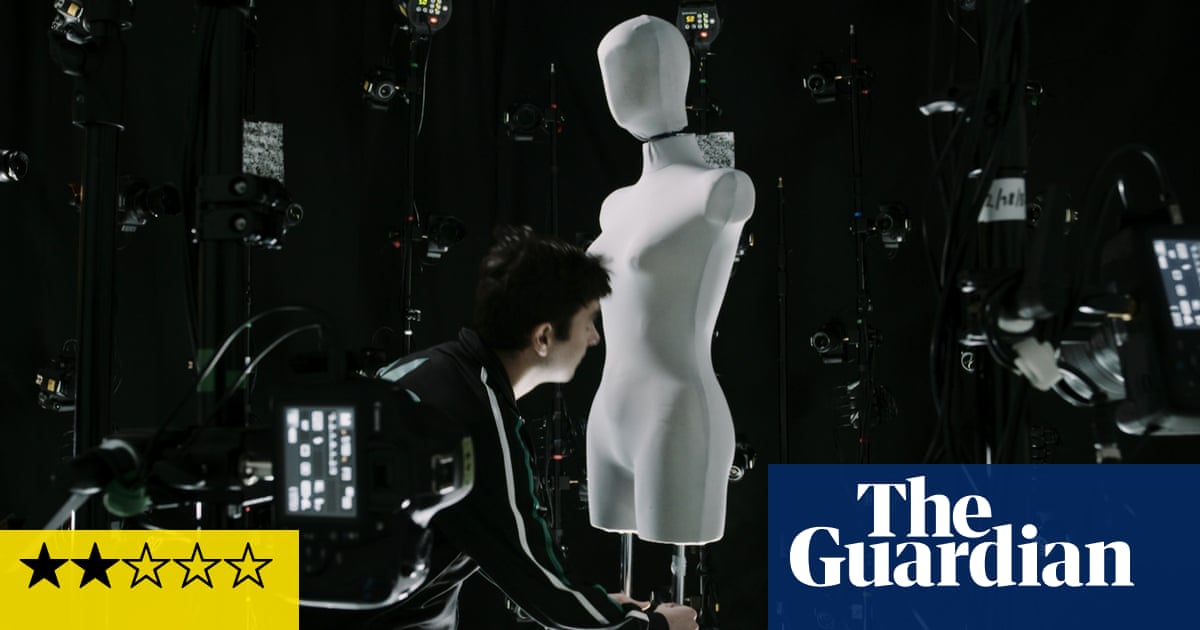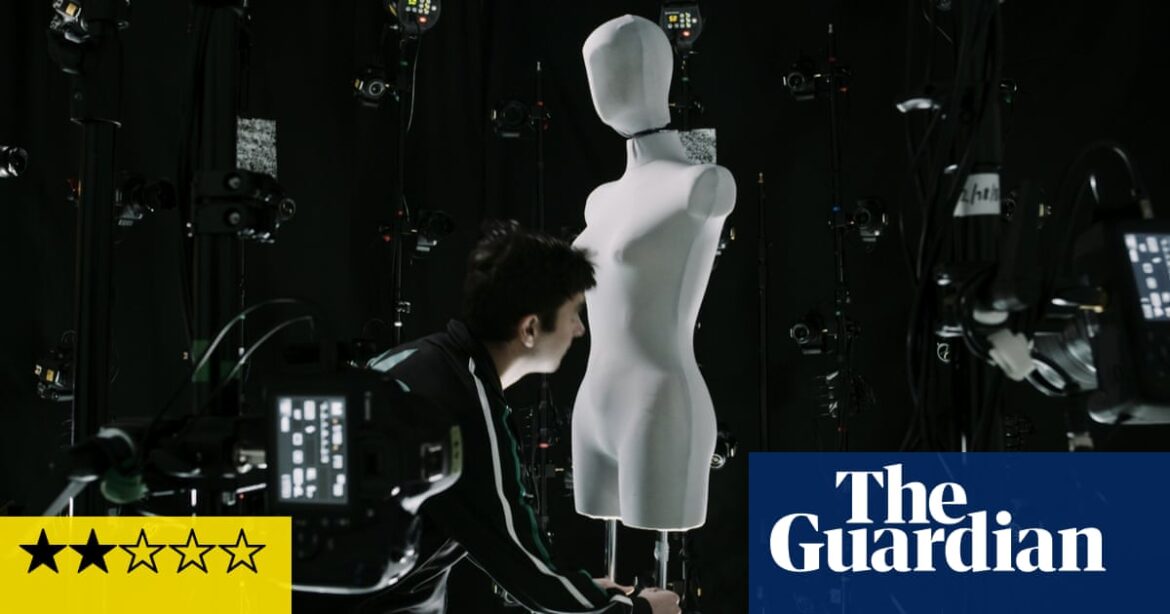
Doubles, doppelgangers, clones; twin visions have long fascinated directors and audiences alike. It’s unnerving, however, when technologies that once belonged to the realm of science fiction are now realised in the present. A German model called Lale is interested in creating a 3D clone of herself and this documentary from Katharina Pethke taps into a new unsettling reality.
The rationale behind the project sounds promising on the surface. As the company that offers the body scanning service to Lale explains, a 3D clone can take on a larger number of campaigns, without the hassle of paying an in-person crew, thus increasing Lale’s income. What is striking, however, is that the firm’s examples of 3D avatars are all of non-white models.With the recent push for more inclusivity in the fashion and modelling industry, could this be an easy way for brands to claim diversity without expanding their talent pool?
It’s a thorny question that Pethke’s documentary seems either uninterested in or ill-equipped to explore, which seems to be a misstep considering Lale’s Black heritage. Instead, Pethke focuses primarily on the practicalities of the process. Lale, dressed in nude underwear, is surrounded by a sea of tripods, as countless cameras capture every inch of her body. First rendered in 2D on the computer screen, her physical features are flattened and divided into separate parts, like a paper doll.
In a somewhat contrived finale, Lale wanders though a forest, only to come face to face with her clone, further driving home the tension between nature, human, and machine. The film might foreground the ominous aesthetics of the process, yet its inquiries are frustratingly skin deep.
Source: theguardian.com



